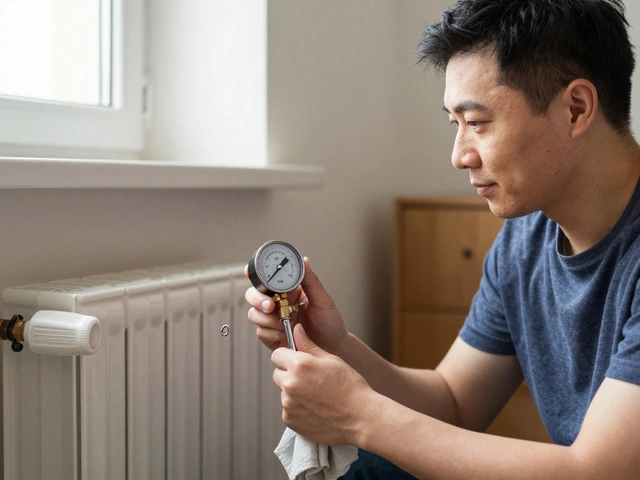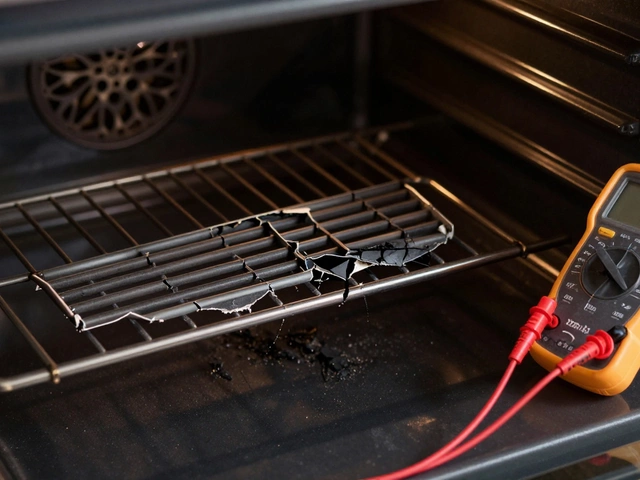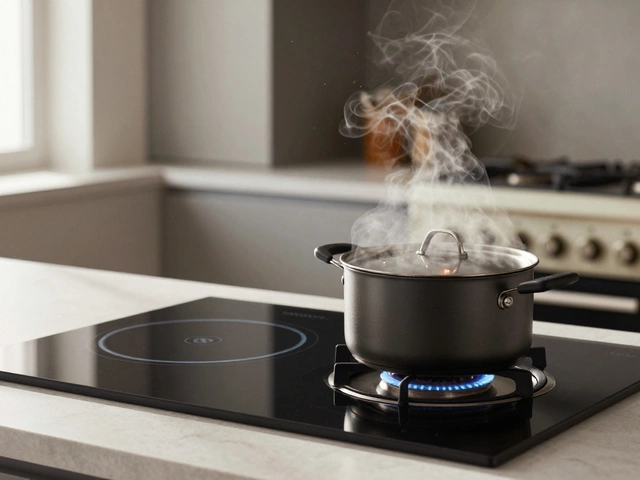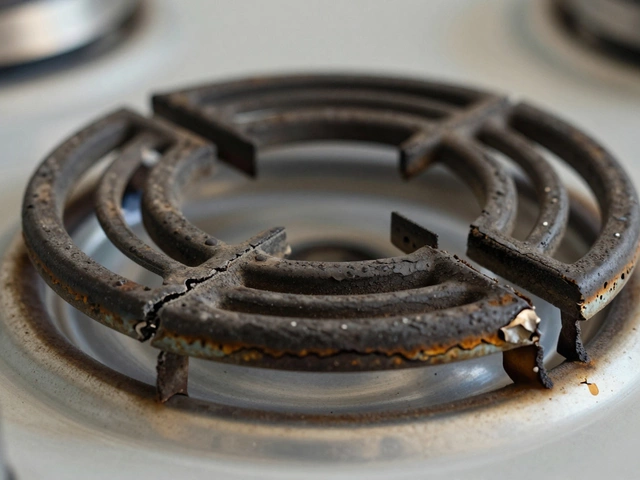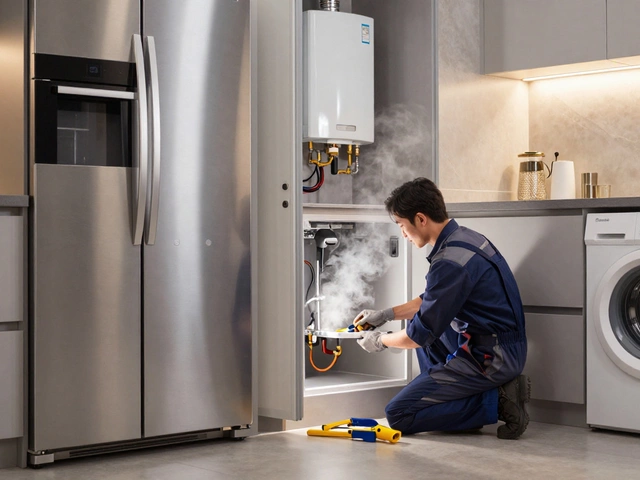Worth fixing? A quick guide to deciding if your appliance repair pays off
Got a fridge that hums but won’t chill? A washing machine that leaks every cycle? Before you rush to buy a brand‑new unit, ask yourself three simple questions: How old is it? How much will the fix cost? Will the repaired part last?
These questions cut straight to the heart of the "worth fixing" dilemma. In most homes, appliances sit on a timeline of 8‑15 years. Anything younger than that usually has a good chance of a cheap fix. Once you hit the 12‑year mark, weigh the repair cost against the price of a new model – the rule of thumb is 50% of a replacement price.
Age and condition matter more than you think
When a stove’s heating element burns out, the part itself often costs under £30. If the stove is only five years old, swapping that part is a no‑brainer. But if the same stove is 15 years old and the control board is also dodgy, you’re looking at multiple repairs that add up fast. In that case, a new stove might give you better energy efficiency and a longer warranty.
Look for signs of wear beyond the immediate fault. Corroded wiring, rusted cabinets, or a history of repeated breakdowns point to an appliance that’s lived its life. A quick visual check can save you from a repair that’s just a temporary band‑aid.
Cost vs. value – doing the math
Take any repair quote and compare it to the cost of a comparable new unit. If you’re being asked to spend £250 to fix a dryer that sells for £400 new, think twice. Add in the expected lifespan after repair – most parts last 3‑5 years, sometimes longer if the appliance is in good shape.
Don’t forget hidden costs: installation, disposal of the old unit, and the time you’ll be without the appliance. If a repair means you’re without hot water for a week, the inconvenience might outweigh the savings.
One handy shortcut is the "one‑third rule". If the repair is more than a third of the replacement price, it’s usually better to replace. This rule works for most kitchen and laundry appliances – ovens, dishwashers, washers, and refrigerators.
Energy efficiency is another factor. Newer models use less power, so a higher upfront cost can pay off on lower utility bills. A 20‑year‑old electric oven might work after a cheap fix, but it will likely waste more electricity than a modern, energy‑star model.
Lastly, consider who’s doing the repair. A certified technician knows the common failure points and can give a realistic estimate. If a quick‑fix quote sounds too good to be true, it probably is.In short, ask: Is the appliance young enough? Is the repair cheap enough? Will it run efficiently after the fix? If you can answer yes to at least two of those, go ahead and fix it. If not, start browsing for a replacement that fits your budget and needs.
21 February 2025
·
0 Comments
Thinking about fixing your 7-year-old laptop? We dive into the nitty-gritty of whether repairing or upgrading your trusty old machine is a wise investment. Consider factors like cost, performance, and the latest tech trends before making a decision. Get practical tips and insights on extending the lifespan of your laptop or deciding if it's time to say goodbye.
Read more


